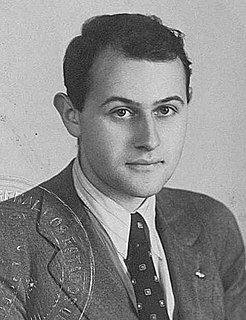A Quote by Jenna McCarthy
One study found that people who smile in childhood photographs are less likely to get a divorce.
Related Quotes
People who believe that they are going to be excommunicated and shamed, or whatever other dark things may happen to them, are much less likely to enter open, loving relationships. And they are also much less likely to have the self-esteem that is required to be monogamous and loving. And in consequence, they are much less likely to create families.
There is a perverse comfort zone to living a small life. For women, that zone has to do with the fact that we're less likely to be challenged, we're less likely to be criticized, we're less likely to be called angry or strident, if we simply go along and acquiesce to the prevailing patterns of thought and behavior.
Strangely enough, for many many years I didn't talk about my childhood and then when I did I got a ton of mail - literally within a year I got a couple of thousand letters from people who'd had a worse childhood, a similar childhood, a less-bad childhood, and the question that was most often posed to me in those letters was: how did you get past the trauma of being raised by a violent alcoholic?
I have the idea that lyric poetry is a poetry that's driven by a sense of the presence of death. That there's something unbearable about the fact that we're going to die and that we can't stand it and I think you find that out in childhood and you don't really - at least I found it out in childhood and I found it hard to get over.
































